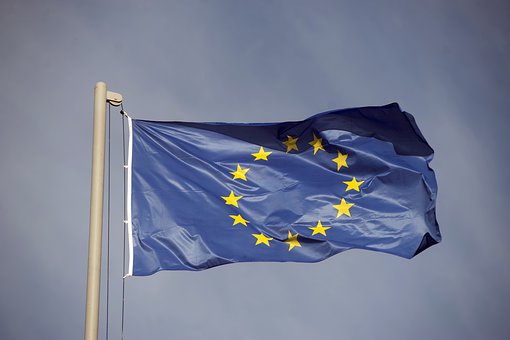Countries in the European Union have started o debate about the first-ever Human Rights blacklist which is sought to impose sanctions upon those countries and individuals which have abysmal human rights records.
The final legal draft is almost ready and there are plans to unveil the plan on December 10, 2020, which also happens to be International Human Rights Day. The action plan will include EU visa-bans and asset-freezes of those individuals deemed guilty of crimes such as genocide, torture, slavery, or extrajudicial killings.
The Act was supposed to be named after Sergei Magnitsky, the late Russian anti-corruption activist; whose death inspired a similar legislation in the US. His name however is being kept off of the Act so as to not seem like the act is focused towards Russia.
The most likely targets of this blacklist will be individuals from the Middle East, Far East and Africa as these are the regions that have often been highlighted by EU diplomats.
Bill Browder, a human rights activist notes that EU blacklists will be agreed by unanimity, instead of majority-voting and this will help foreign regimes to call upon their allies in Europe to veto names they want to protect. He also notes that getting the EU Act is “only half the battle”.

